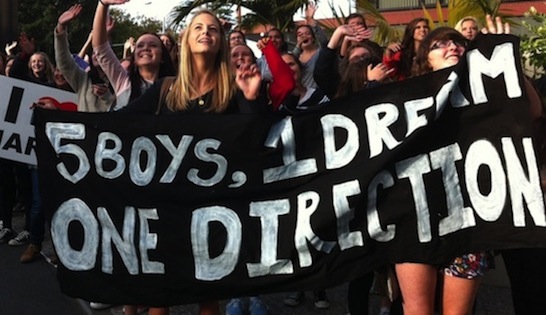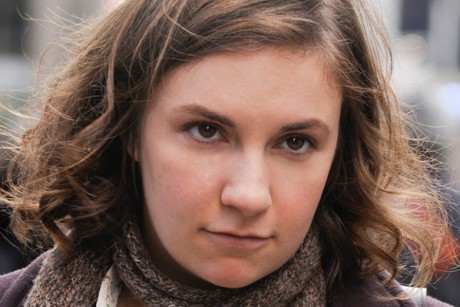
Millennial courtship is markedly different from that social ritual previous generations called dating—and not just because of the advent of smartphones and Snapchat. We’re basically the first generation in which men and women weren’t raised to believe that the opposite sex was some separate species only to be approached during peak mating season. Regardless of your chromosomes, if you grew up in a middle-class home in the 90s, then you probably have quite a bit in common with most other middle-class 90s kids—male or female. We were all forced to play soccer. We all thought oversized pants were fierce. And we’ve all seen at least ten episodes of Saved by the Bell (and at least two episodes of Saved by the Bell: The College Years). So the old When Harry Met Sally cliché about the impossibility of male-female friendships is no longer self-evident—except when it is.
Because all of this commonality and friendship often leads to a whole lot of confusion that really wasn’t an issue when heterosexual men and women had nothing in common except intercourse. You now have all kinds of blurry relationships. You have a work boyfriend, who you flirt with from 9-6 but rarely see outside the office. You have a straight male friend who shares your love of Girls. And you probably have a significant other with whom you watch Mad Men and mock congressional Republicans. So what differentiates these relationships? Not much. Except sex, of course. But the blurred boundaries invite a whole lot of questions about why it is you’re screwing one of these guys and not the other two. Continue reading “Millennial Dating Tip #1: Don’t Date Yourself”









